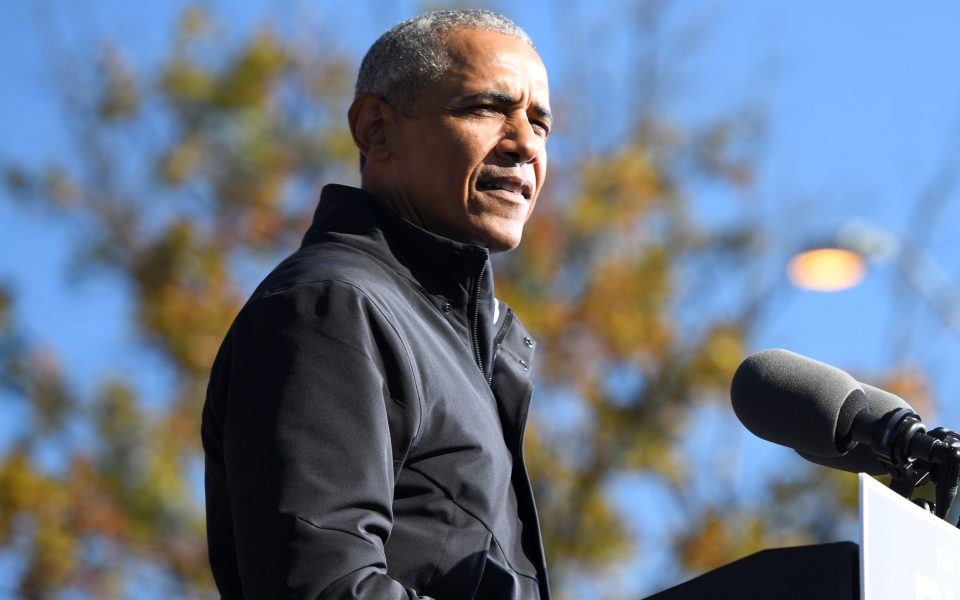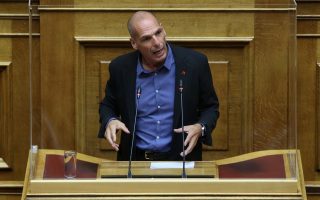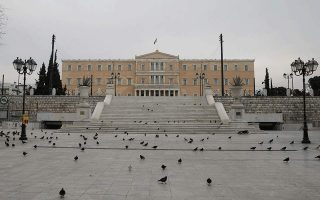Obama offers piece of the puzzle in Greek debt crisis

Apart from providing key insights into a special (in many respects) presidency, Barack Obama’s memoir contains some very interesting references to the Greek debt crisis and the way in which the major European powers chose to deal with the situation.
The former US president had also during his tenure criticized Berlin as well as Paris for their insistence on fiscal austerity (particularly in the early stages of the crisis), at a time when all indications pointed to the need of implementing an expansionary policy.
In his memoir, “A Promised Land,” which was released on Tuesday, Obama writes: “I noticed that they rarely mentioned that German and French banks were some of Greece’s biggest lenders, or that much of Greeks’ accumulated debt had been racked up buying German and French exports – facts that might have made clear to voters why saving the Greeks from default amounted to saving their own banks and industries.”
It is important to have in mind that his criticism is not part of some personal confrontation with German Chancellor Angela Merkel or former French president Nicolas Sarkozy. After all, Obama in the same book praises Merkel’s personality and leadership qualities.
However, referring to German and French calls for austerity, Obama notes: “Maybe they worried that such an admission would turn voter attention away from failures of successive Greek governments and toward the failures of those German or French officials charged with supervising bank lending practices.”
It is not just Obama’s ethos that emerges from the book, the writer’s commitment to the principles of democracy and social justice, and his concern about America’s domestic division. Nor is it just his totally different approach toward America’s allies and partners and Washington’s role in the world, which are all inevitably very interesting.
It is also Obama’s specific references to Greece and the management of the financial crisis that are of particular interest to us.
Coming from the world’s most powerful man during the period in question – Obama took over power in 2009 and handed off the presidency to Donald Trump in 2017 – these insights are highly revealing and make up a crucial piece of the puzzle in explaining the Greek crisis; not only for future historians, but also for European officials now overseeing the bloc’s financial affairs.





